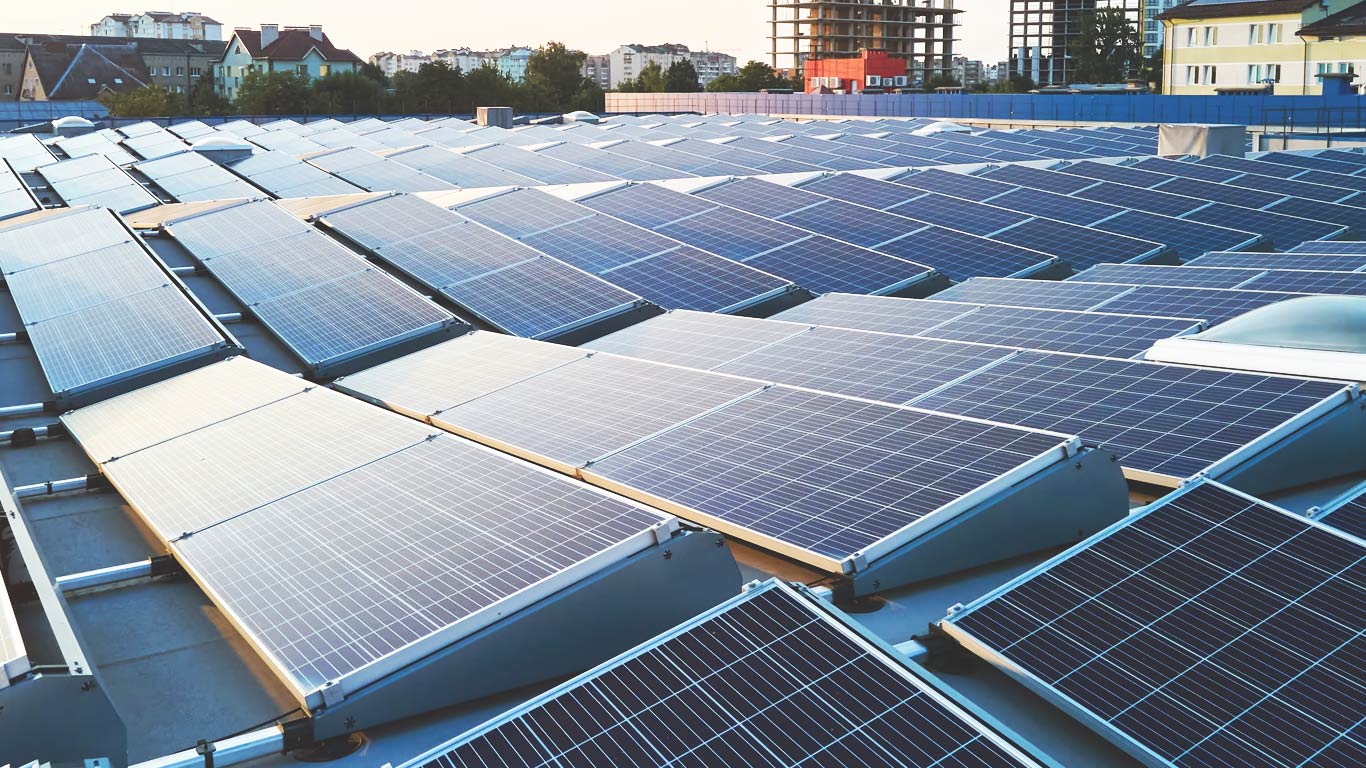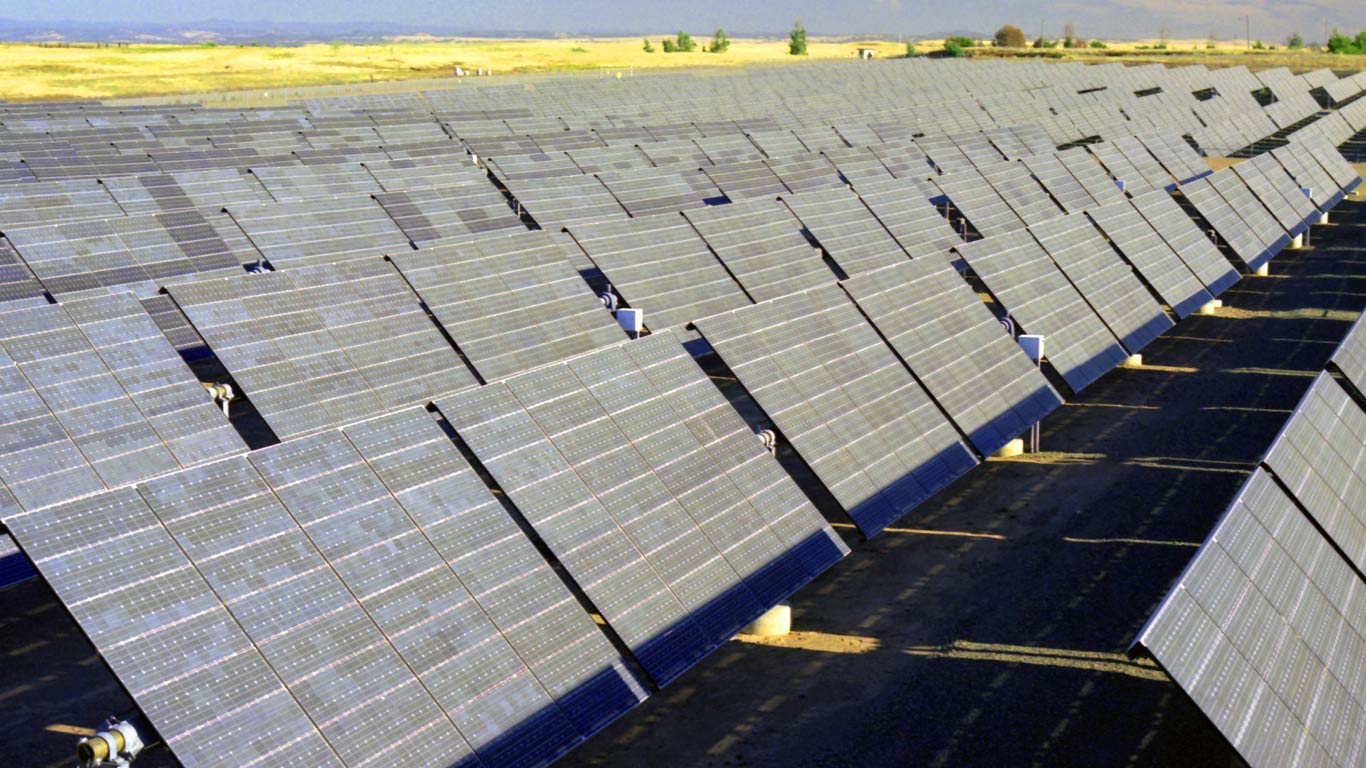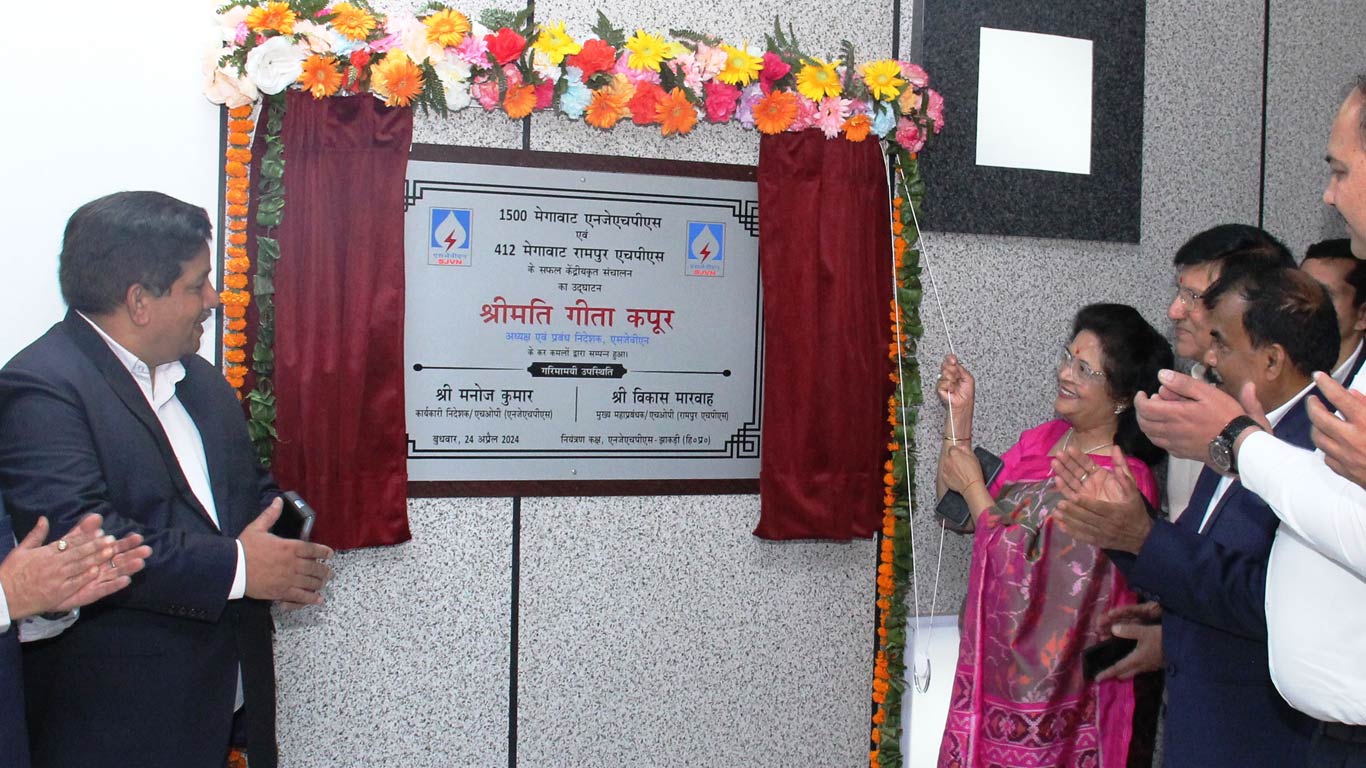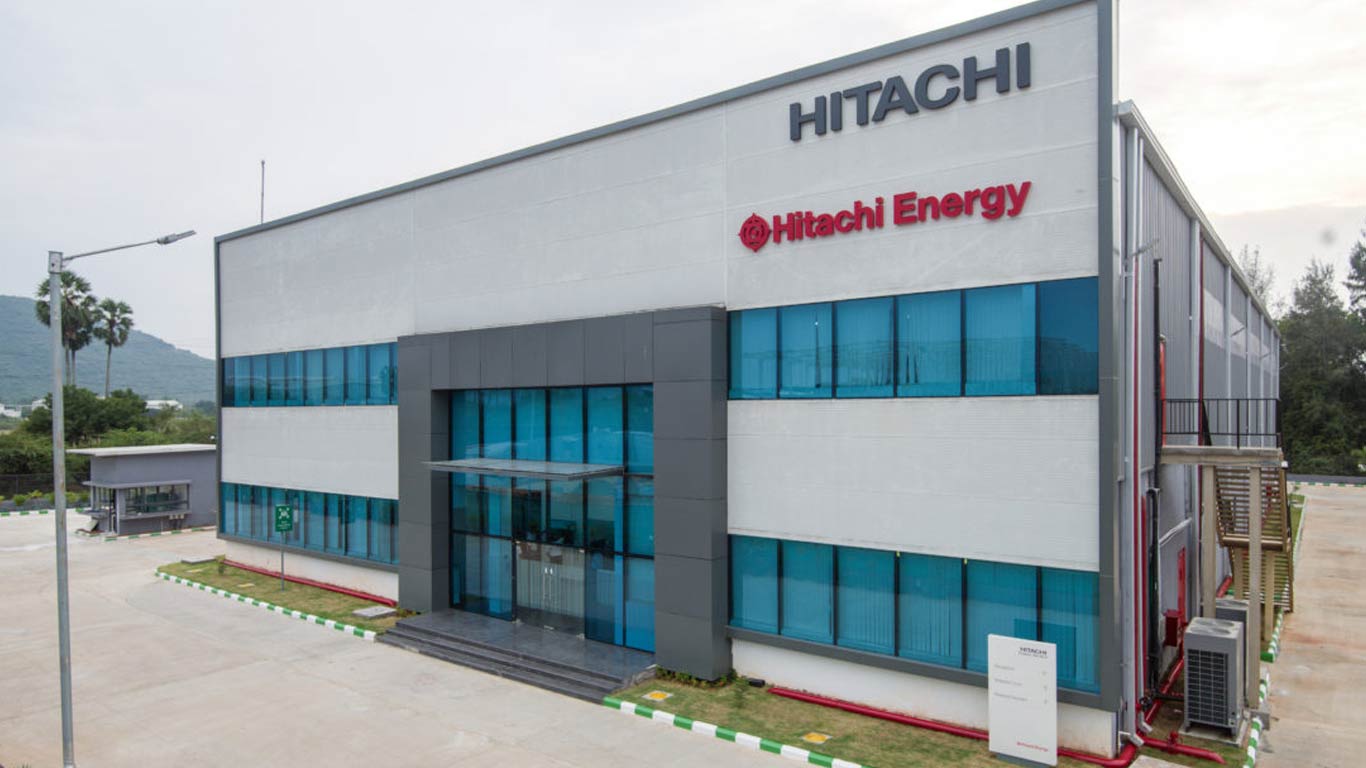Pradhan Mantri Suryodaya Yojana To Ignite Solar Revolution In 1 Cr Households
Updated: Jan 25, 2024 01:23:33pm

Pradhan Mantri Suryodaya Yojana To Ignite Solar Revolution In 1 Cr Households
New Delhi, Jan 25 (KNN) In a renewed effort to boost India's solar power initiative, Prime Minister Narendra Modi announced the Pradhan Mantri Suryodaya Yojana (PMSY), targeting the installation of rooftop solar systems on one crore households.
This ambitious project seeks to not only reduce electricity bills for the poor and middle classes but also enhance India's self-reliance in the energy sector.
While the 100 GW solar power target set for 2022 faces delays, PM Modi's recent announcement underscores a strategic shift with the introduction of PMSY. The program focuses on decentralising solar power by specifically targeting households, aiming to reignite the country's solar aspirations.
India's solar power capacity has made substantial strides, but challenges, including disruptions due to the COVID-19 pandemic, have hampered the achievement of set targets. The 40 GW goal for rooftop solar systems, originally envisioned for 2022, now seeks realisation by 2026.
While details of the Suryodaya Yojana are yet to be disclosed, its emphasis on households differentiates it from previous solar initiatives. Comparable to international efforts, such as the United States' million-house rooftop solar plan, PM Modi's program targets individual households, particularly in the residential sector, which remains largely untapped.
A recent report by the Council on Energy, Environment, and Water (CEEW) reveals that the residential sector accounts for only 20 per cent of current rooftop solar installations, presenting a significant untapped potential.
With nearly 25 crore households having the capacity to deploy 637 GW of solar energy, the Suryodaya Yojana aims to tap into this potential, contributing to India's energy security.
Unlike large solar parks requiring substantial investments, the potential for rooftop solar is uniformly distributed across all states and regions. This inclusivity positions the Suryodaya Yojana as a catalyst for decentralised solar power generation, minimising dependence on centralised grids.
Aligned with India's commitment to achieving 50 per cent non-fossil fuel-based energy sources by 2030, the Suryodaya Yojana contributes to energy security and transitions the nation toward renewable energy.
With renewables already constituting 30 per cent of the total installed capacity, the rapid growth of solar power becomes imperative to meet escalating electricity demands.
While potential is vast, the success of the Suryodaya Yojana requires strategic interventions beyond financial incentives. Learnings from ongoing programs will guide the government in designing effective models, with a focus on enabling distribution companies and improving their financial health.
(KNN Bureau)











